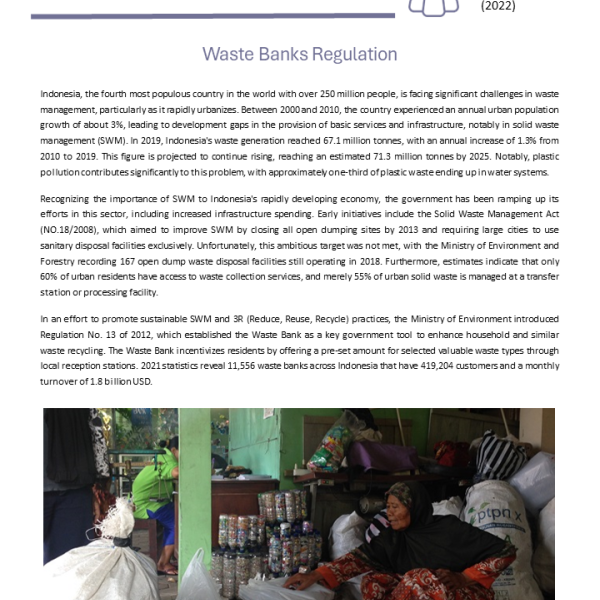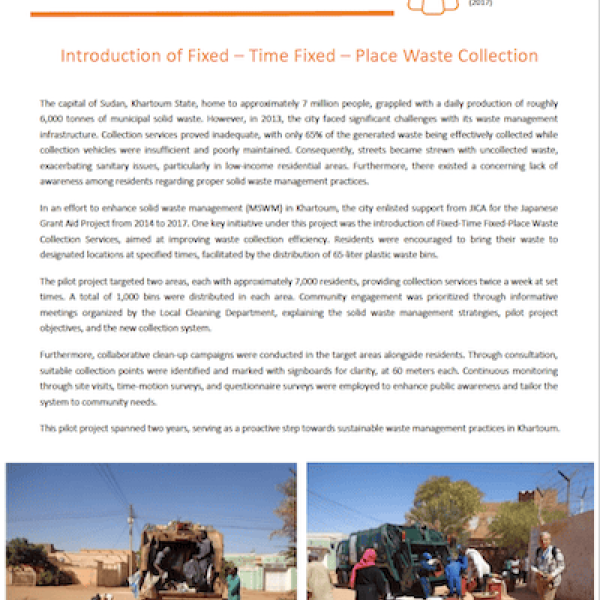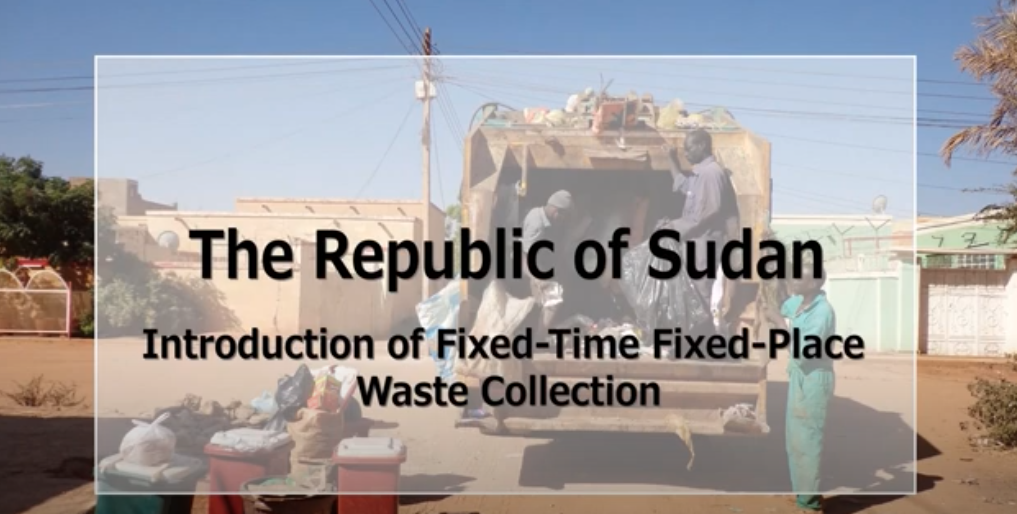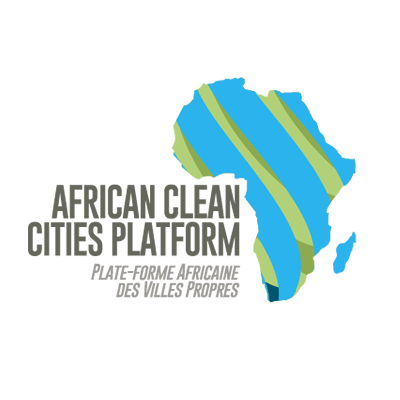
COUNTRYWIDE, INDONESIA
Indonesia, the fourth most populous country in the world with over 250 million people, is facing significant challenges in waste management, particularly as it rapidly urbanizes. Between 2000 and 2010, the country experienced an annual urban population growth of about 3%, leading to development gaps in the provision of basic services and infrastructure, notably in solid waste management (SWM). In 2019, Indonesia's waste generation reached 67.1 million tonnes, with an annual increase of 1.3% from 2010 to 2019.

SUDAN, KHARTOUM STATE
The capital of Sudan, Khartoum State, home to approximately 7 million people, grappled with a daily production of roughly 6,000 tonnes of municipal solid waste. However, in 2013, the city faced significant challenges with its waste management infrastructure. Collection services proved inadequate, with only 65% of the generated waste being effectively collected while collection vehicles were insufficient and poorly maintained. Consequently, streets became strewn with uncollected waste, exacerbating sanitary issues, particularly in low-income residential areas.

